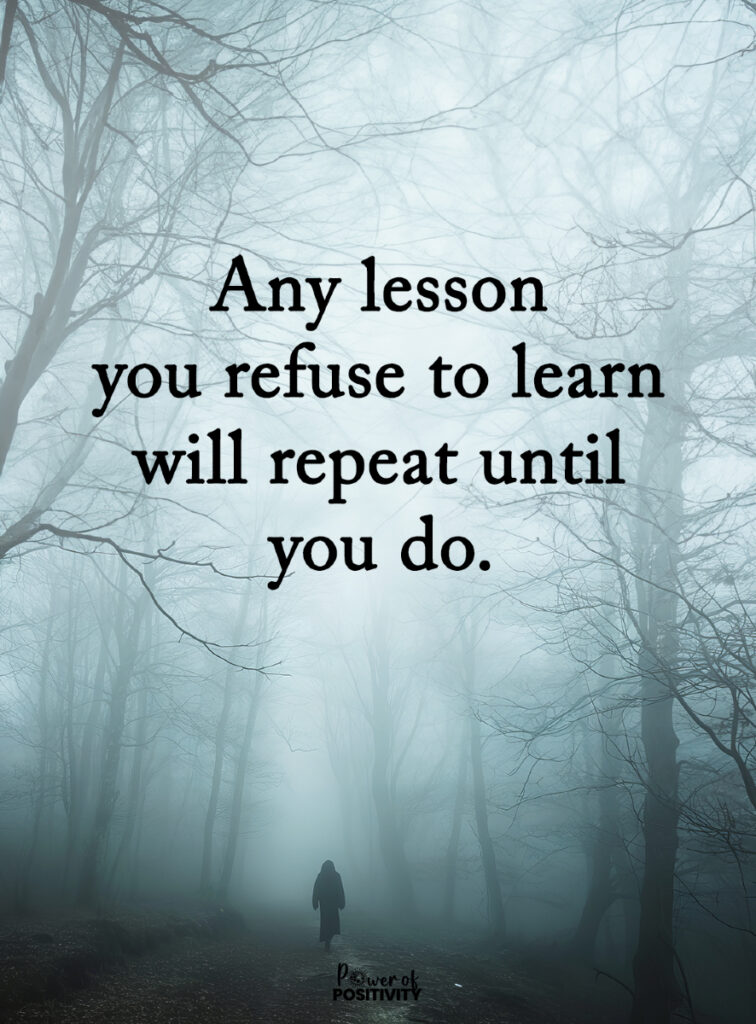Have you ever wondered if letting go could actually hold you back? We often hear that moving on is the best way to grow, but is it always true? Sometimes, holding on isn’t about being stuck—it’s about giving yourself the chance to learn, grow, and find clarity. Letting go too quickly can mean missing out on lessons that shape who we are. What if the thing you’re trying to release is actually the key to your next breakthrough? Holding on can feel heavy, but it can also give you time to reflect and make sure you’re not walking away from something that still has value. Before you rush to let go, consider this: Could holding on a little longer be exactly what you need to move forward? Let’s look at why letting go isn’t always the answer and how it can sometimes hold you back.
Understanding the Concept of Letting Go
Letting go usually means releasing something—or someone—that no longer fits into your life. In relationships, it might mean walking away from a person who hurt you or no longer supports your growth. In careers, it could mean quitting a job that makes you unhappy or leaving behind a dream that no longer excites you. When it comes to personal goals, letting go often means giving up on something that feels too hard or out of reach.
Most of the time, we’re told that letting go is a sign of growth. It’s seen as a way to make room for better things, heal from the past, and move forward. But is it always the right choice? What if letting go too soon stops you from growing? What if holding on a little longer helps you gain the clarity, strength, and experience you need?
Sometimes, the discomfort we feel when holding on is actually where the real growth happens. It’s easy to assume that walking away will solve everything, but that’s not always the case. As we explore the five reasons why letting go can hold you back, you might start to see that sometimes, holding on is exactly what you need to grow, learn, and build the life you want.
5 Reasons Letting Go Can Hold You Back
Letting go isn’t always the answer—sometimes holding on can teach you the most important lessons of all.
1. Unfinished Lessons
Letting go too soon can mean walking away before you’ve learned what you need to grow. Whether it’s leaving a tough job or ending a difficult relationship, cutting ties too quickly can make you miss the lessons hidden in those challenges. Think about that project you gave up on because it felt too hard—what if pushing through would have taught you new skills or opened unexpected doors?
Holding on, even when it’s uncomfortable, can help you learn patience, resilience, and problem-solving. These lessons shape who you are and prepare you for future challenges. Growth doesn’t always come from moving on; sometimes, it comes from staying, reflecting, and working through the hard parts. Letting go too early might feel like a relief, but it can also hold you back from becoming your best self.
2. Missed Opportunities for Growth
Walking away from something just because it’s hard can mean missing out on chances to grow. Sticking with a tough situation—like a challenging job or a rocky relationship—can teach you how to adapt, stay strong, and solve problems. These are skills you only build when you face difficulty head-on.
Think about athletes who push through tough training days. They don’t quit when it gets hard—they keep going, and that’s how they improve. The same goes for life. Holding on through challenges can lead to rewards you never expected, like a promotion at work after months of struggling or a stronger bond in a relationship after working through rough patches.
Letting go too soon might feel easier, but it can also hold you back from reaching your full potential. Sometimes, the hardest moments bring the biggest growth if you’re willing to stay the course.
3. Emotional Disconnect
Letting go too fast can leave you feeling empty, like something’s missing. When you walk away without giving yourself time to process your emotions, it can create a void that’s hard to fill. Whether it’s a friendship, a relationship, or even a dream, cutting ties too soon can leave you with unresolved feelings that linger.
Emotional closure is important. It helps you make sense of what happened, learn from it, and heal. Without it, you might carry regret, wondering if things could have been different. Holding on a little longer gives you the chance to work through those emotions and find peace before moving on.
Letting go isn’t just about moving forward—it’s about making sure you’re emotionally ready to do so. Rushing the process might feel like the easy way out, but it can hold you back from truly healing and growing.
4. Loss of Identity
The things we hold on to—people, jobs, goals—often shape who we are. When you let go too soon, you risk losing parts of yourself that made you feel grounded. A long-term relationship, a job you’ve had for years, or even a passion you’ve pursued can become a big part of your identity.
Letting go too quickly can leave you feeling lost, unsure of who you are without those attachments. Holding on, even when things feel uncertain, can give you the stability you need during times of change. It allows you to reflect on what truly matters to you and who you are beyond those connections.
While growth often means embracing change, it also means understanding yourself fully. Rushing to let go can hold you back from building a strong sense of self that stays with you, no matter where life takes you.
5. Fear of Regret
The fear of making the wrong choice can keep people holding on longer than they should—but it can also prevent them from letting go too soon. No one wants to look back and wonder, What if? This fear of regret often keeps people in relationships, jobs, or situations because they’re afraid of losing something valuable.
Sometimes, holding on proves to be the right move. Think of someone who stayed in a struggling business only to see it thrive later, or someone who worked through a rough patch in a relationship and built something stronger. These stories remind us that letting go too quickly can lead to regret.
Before making any big decision, thoughtful consideration is key. Taking time to reflect on what you truly want helps you avoid regrets. Letting go is final, and while it’s sometimes necessary, holding on just a little longer can offer clarity and unexpected rewards.
How to Know When Holding On is the Right Choice
Deciding whether to hold on or let go can be tough, but asking yourself the right questions can help. Start with: Is this still adding value to my life? and Am I holding on out of fear or genuine hope? If the answer leans toward fear, it might be time to reconsider.
Another helpful question is: Have I given this enough time and effort? Sometimes, patience pays off, but other times, it just prolongs the inevitable. Be honest with yourself about whether staying is helping you grow or holding you back.
Practical tips include making a pros and cons list, talking to someone you trust, and giving yourself a deadline to decide. Balancing holding on and letting go means understanding that both can lead to growth—but the right choice depends on your situation, your feelings, and your goals.
Final Thoughts on Letting Go and Holding On
Letting go is often seen as the path to growth, but holding on can offer valuable lessons, emotional closure, and personal stability. Each situation is unique, and the key is knowing when to stay and when to move on. Take time to reflect on what serves your growth and what holds you back. Remember, personal growth isn’t about always letting go—it’s about making thoughtful choices that align with your goals. In the end, the decision to hold on or let go shapes who you become, so choose with care and trust the process.















